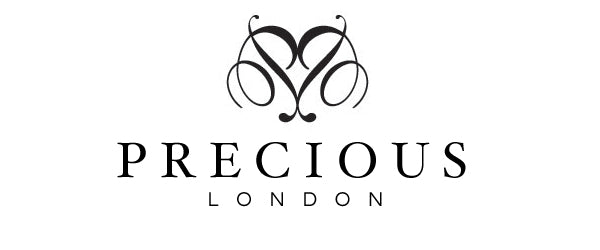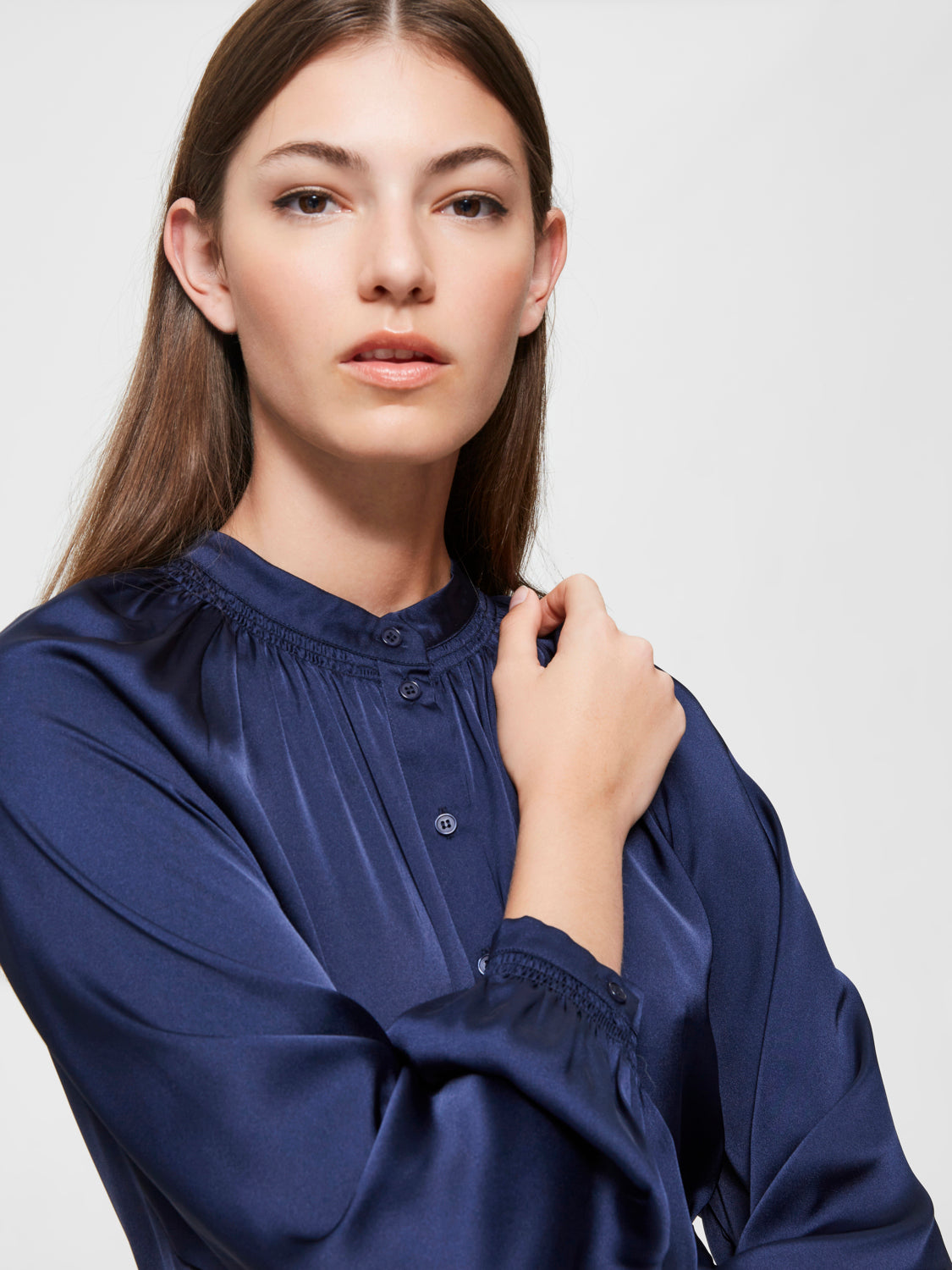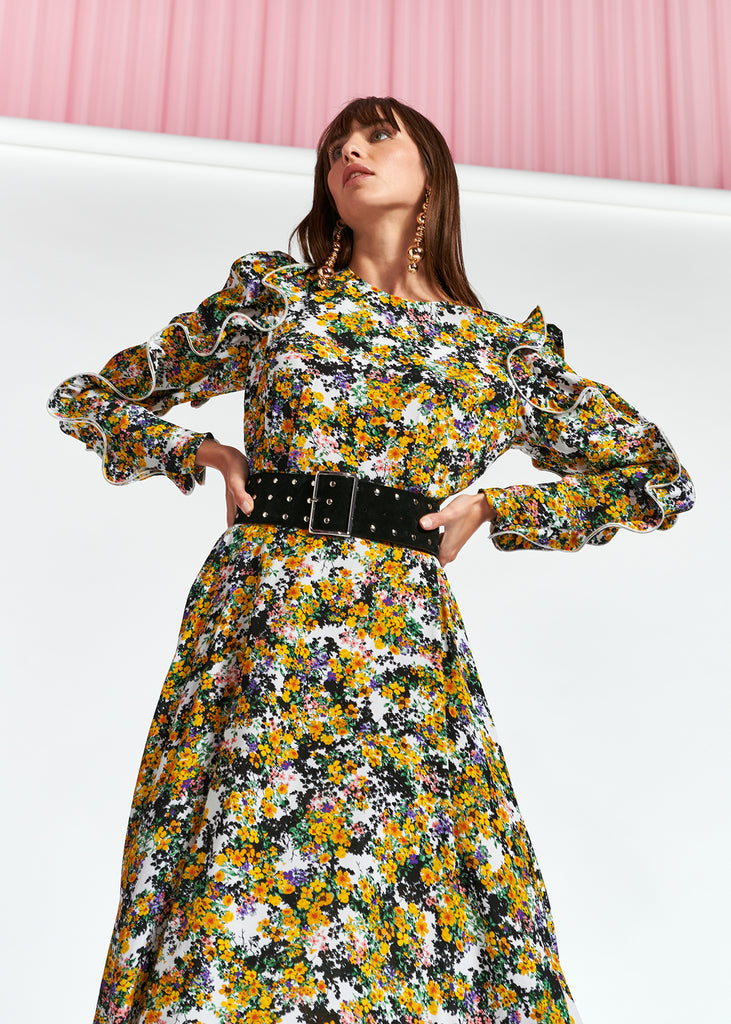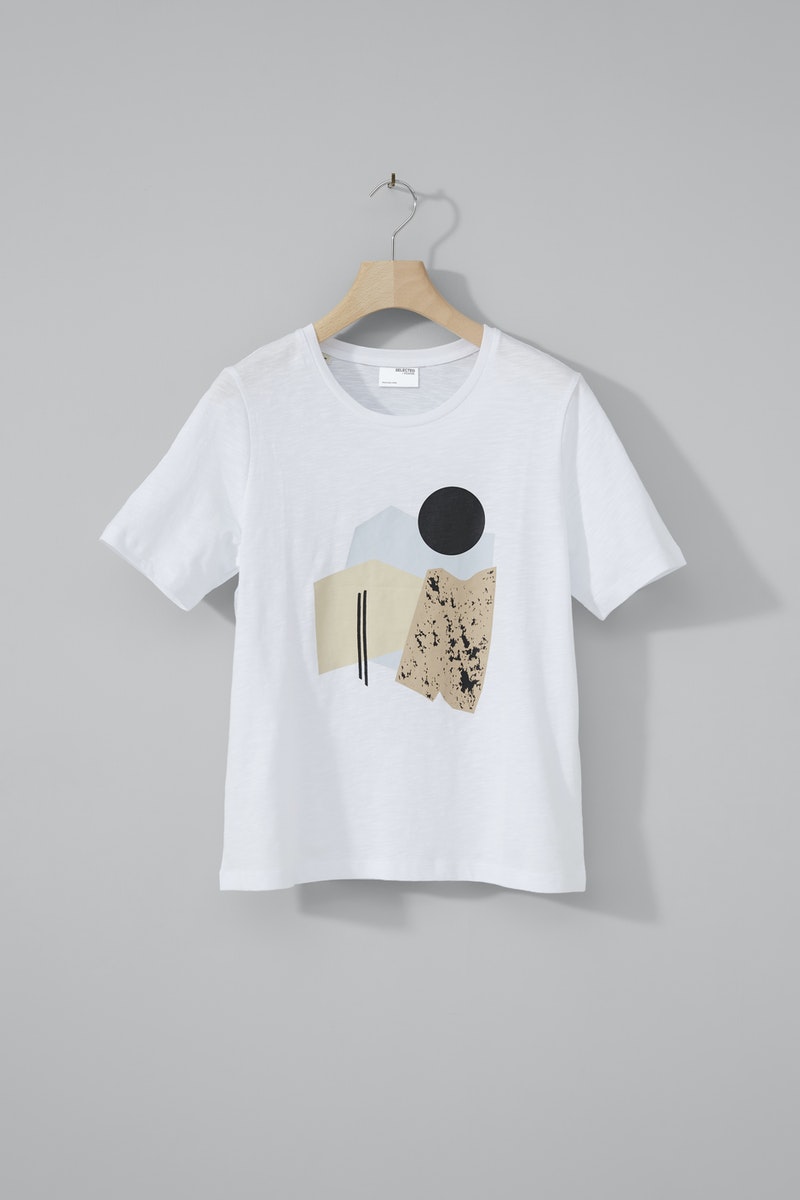
The Sustainable Fabric Guide
Where transient trends once dominated the fashion sphere, the idea of buying less and buying well has officially permeated our collective consciousness.
Sustainable fabrics keep getting better, and catchy terms like ‘capsule closet’ and ‘slow fashion’ are now a permanent part of our sartorial vocabulary. However sustainable fabrics are not only simple cottons or linens - surprisingly versatile and at the forefront of some of the coolest collections various of our danish brands have put sustainability at the heart of their collections. No doubt about it: shopping with your conscience is the way forward.
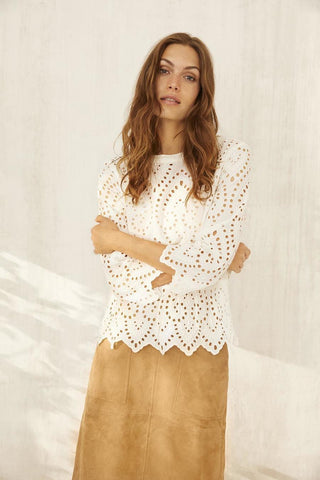
Cotton
BCI cotton is a result of the Better Cotton Initiative, the BCI takes a holistic approach to sustainable cotton production covering three main pillars of sustainability, environmental, social and economic for its farmers and producers. By supporting and training farmers in growing Better Cotton, through working with experienced partners at field level a higher quality cotton that is produced sustainably is achieved. Look for the BCI swing tag on cotton garments.

Viscose
Produced from wood pulp viscose is now quite a mainstream fibre. It has a wonderful drape and is comfortable to wear all year round as it breathes well like most other natural fibres. Viscose takes colour and print beautifully and is easy to wash, just remember you may need to iron it into shape again. Look out for Ecovero which is a branded fibre that offers eco-responsible viscose fibres with a low environmental impact.
Lenzing Ecovero branded viscose fibres using wood pulp sourced from sustainably managed forests and produced in a way that reduces environmental impact.

Recycled Polyester
We can all shy away from the P word – Polyester doesn’t always have the best reputation, but this fibre has improved substantially over the past few years. The new recylcled options have a much softer touch and do offer great wearability. Making perfect garments for travelling and packing, with hardly any creasing and very easy washing for the hard-working girl. You really would not believe that your stunning dress was made from waste items such as plastic bottles and leftover fabric.
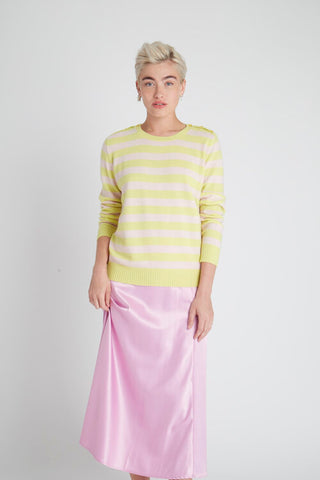
Cashmere
Perhaps one of the most naturally sustainable fibres, as the fibres are obtained from combing the cashmere goats just before the shed their coats in March. Our cashmere brand Jumper 1234 works in an ethical and sustainable model, harvesting their own fibres and spinning it into yarn to ensure you have a luxurious and fashionable garment. With their help Jumper 1234 support the lives and traditions of the nomadic herdsman of Mongolia and their families.
However shopping sustainably isn't just about the fabric - think about investing in simpler pieces and buying items you truly love and will cherish and enjoy wearing for a while.
